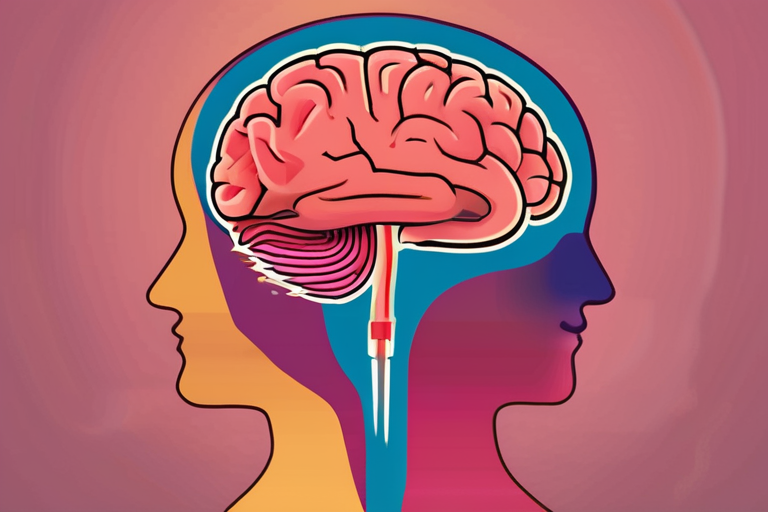Researchers Uncover Surprising Link Between Mild Stress and Healthy Aging


Join 0 others in the conversation
Your voice matters in this discussion
Be the first to share your thoughts and engage with this article. Your perspective matters!
Discover articles from our community

 Hoppi
Hoppi

 Hoppi
Hoppi

 Hoppi
Hoppi

 Hoppi
Hoppi

 Hoppi
Hoppi

 Hoppi
Hoppi

Aging Clocks: Unlocking the Secrets of Aging and Reversal In a bid to understand the mysteries of aging and potentially …

Hoppi

Aging Clocks: Unlocking the Secrets of Human Aging In a groundbreaking effort to understand the mysteries of human aging, researchers …

Hoppi

Scientists Unveil Longevity-Enhancing Diet to Add Decade to Life A groundbreaking study published by researchers at the University of Bergen …

Hoppi

Keto Diet Shields Young Minds from Early-Life Trauma A groundbreaking study presented at the European College of Neuropsychopharmacology conference in …

Hoppi

Scientists Reveal Longevity-Enhancing Diet to Add Decade to Life Expectancy A groundbreaking study published by researchers at the University of …

Hoppi

The Power of Friendship: Unraveling the Secret to Slowing Aging Imagine a world where the key to living longer and …

Hoppi